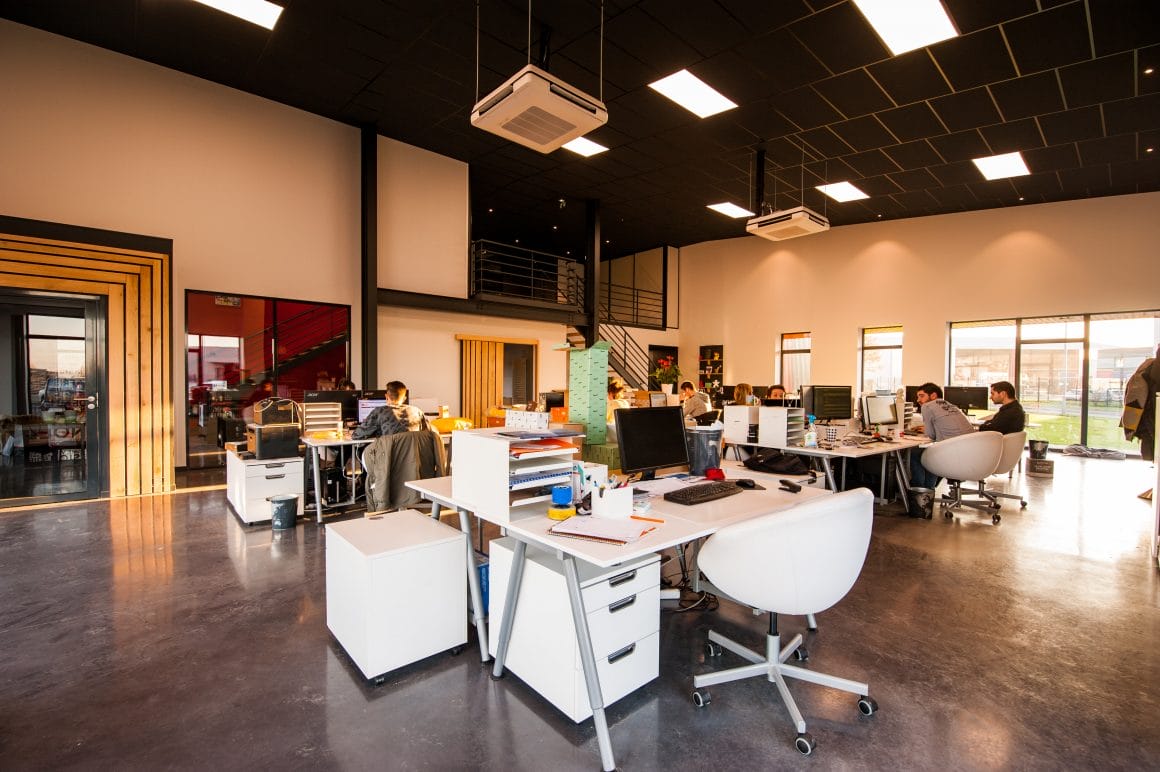According to a Limeade Institute Study, employees who are currently working from home because of the pandemic have reported more anxiety and stress over returning to the office. Most of them hope that their companies allow some time of flexibility when things get back to normality.
Vaccination programs, socialization, and collaboration are three reasons why employers want their employees back in the office. In the U.S., millions of people have been vaccinated, and states have controlled the number of Covid-19 cases. Companies think it’s safe for everyone to return to the office, considering the lack of socialization employees have had during the past year.
Companies such as JPMorgan, Goldman Sachs, and WeWork have strongly encouraged their employees to return to the office. They believe that remote work is not the solution for the long term and that teams need to be together to establish a company culture and encourage collaboration. But do employees really want this?
Stress and Anxiety: The Symptoms of the Post-Pandemic Work Scenario
The Limeade Institute released “Employee Care: Defining the New Normal.” This study shares the current state of the employee experience, how they’ve managed to work remotely for more than a year, and the level of care employees feel during this critical time.
The study surveyed 4,553 full-time employees from different parts of the world. The results? Every employee who worked remotely during the pandemic had anxiety to return to the office:
- 77% said their primary concern is to be exposed to COVID-19.
- 71% are worried about having less flexibility.
- 58% don’t want to commute to work.
Dr. Reetu Sandhu, Director of the Limeade Institute, gave his insights on what should companies be focusing on currently, considering most employees don’t want to return to the office:
Employees are hesitant to let go of autonomy when it comes to their well-being — and rightfully so. Instead of focusing on the logistics of getting people back into the office, I encourage leaders to see this moment as an opportunity to ask employees, ‘what do you want work to look like in the future so that you can do your best work and take care of yourself?’ and then really listen and act accordingly. The outcome would be profound, both for people and for businesses.
While companies are taking different approaches towards remote work, one thing is for sure: what employees think and feel about this new virtual reality is crucial for their future performance.






